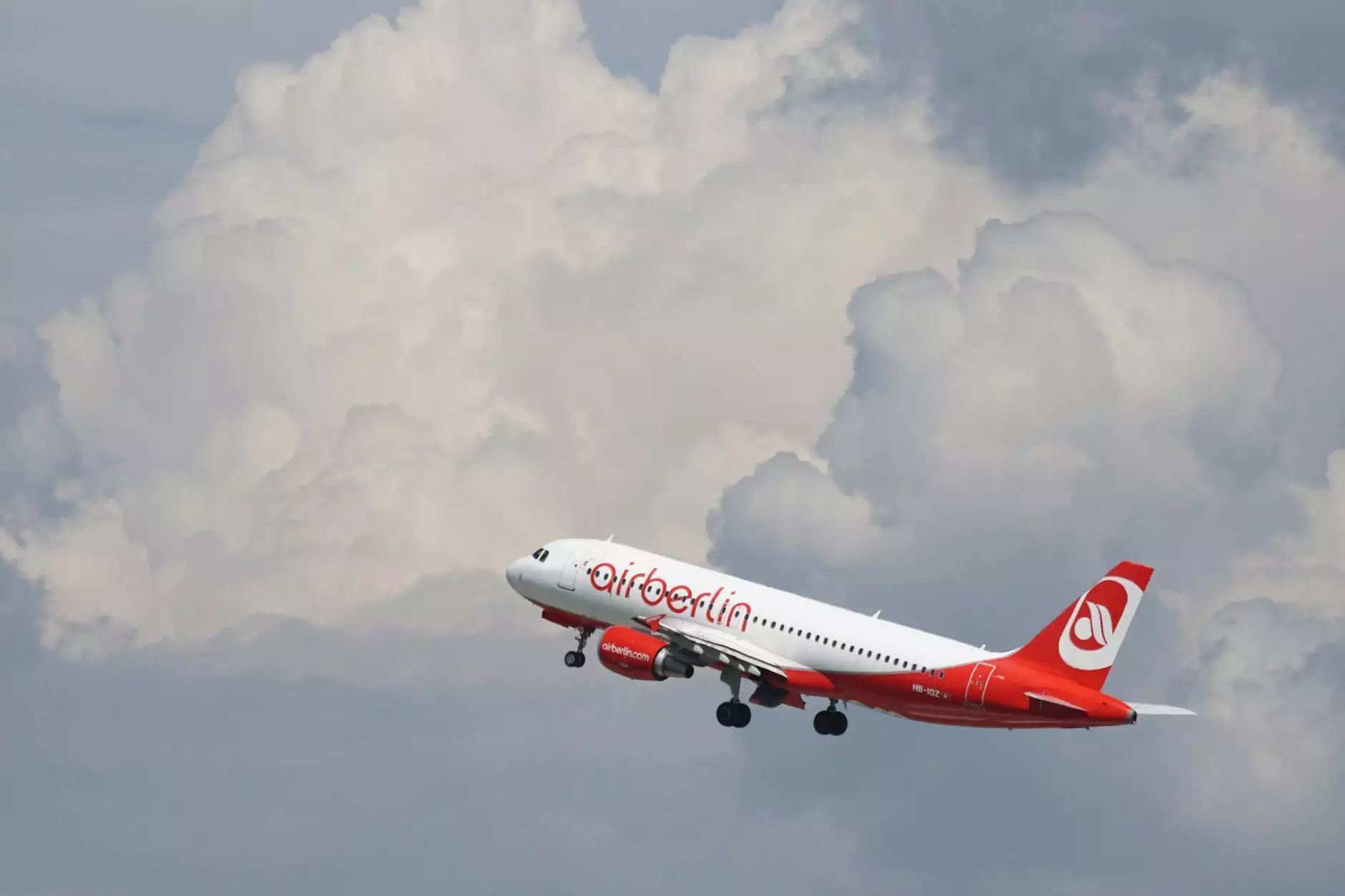Maximizing Business Success with Affordable Air Cargo Cost Per Kg

Efficient logistics and cost-effective shipping are vital components of modern business operations, especially in the era of global commerce. Among various freight options available, air cargo stands out due to its speed, reliability, and ability to connect international markets seamlessly. Understanding the dynamics of air cargo cost per kg is crucial for businesses aiming to optimize their supply chain costs, improve profitability, and enhance customer satisfaction.
Understanding the Significance of Air Cargo Cost Per Kg
The air cargo cost per kg represents the expense incurred to transport one kilogram of freight via air transportation. This metric is fundamental because it directly influences the overall shipping expenses for businesses, especially those dealing with high-value or time-sensitive goods. A clear grasp of this cost helps companies make informed decisions about shipping methods, carrier selection, and route planning.
The Factors Influencing Air Cargo Cost Per Kg
The air cargo cost per kg varies widely depending on several key factors:
- Distance and Route: Longer routes or less direct pathways typically incur higher charges. The origin and destination airports' proximity and connectivity impact costs significantly.
- Weight and Volume: Though the metric is per kg, volumetric weight applies when the goods are larger but lighter, affecting pricing through dimensional weight calculations.
- Type of Cargo: Hazardous, perishable, or valuable items may attract higher fees due to special handling required.
- Fuel Prices: Fluctuations in aviation fuel prices directly impact the cost per kg for air freight.
- Carrier and Airline Policies: Different carriers have varied pricing structures, surcharges, and discounts based on customer loyalty or volume.
- Security and Customs: Encryption, customs clearance, and security protocols can add to transportation costs, especially for international shipments.
- Additional Services: Services such as express shipping, dedicated cargo space, or specialized handling increase expenses.
How to Optimize Your Air Cargo Cost Per Kg for Business Growth
Achieving a competitive air cargo cost per kg requires strategic planning and reliable partnerships. Here are essential strategies to help your business reduce costs without compromising quality or delivery speed:
1. Choose the Right Shipping Centers and Airports
Selecting strategically located shipping centers and airports can significantly impact perceived freight costs. Airports with efficient infrastructure, quick customs clearance, and extensive airline networks reduce transit times and additional fees. Partnering with cargo booking platforms like cargobooking.aero enables businesses to access multiple airport options, compare prices, and choose optimal routes.
2. Leverage Transportation and Logistics Networks
Coordinated transportation solutions—such as partnerships with reliable trucking companies, warehousing, and last-mile delivery services—smoothen the shipping process, minimize delays, and lower costs associated with handling and storage. Integrating these services systematically can lead to a substantial decrease in the air cargo cost per kg.
3. Volume Consolidation and Freight Optimization
Consolidating shipments and optimizing cargo volume help achieve economies of scale. Larger shipments often qualify for discounted rates and lower per kg costs. Using advanced freight management software can assist in planning efficient packaging, reducing dimensional weight, and maximizing payload efficiency.
4. Utilizing Advanced Technology and Data Analytics
Modern freight solutions incorporate real-time tracking, data analytics, and predictive modeling, enabling businesses to select the most cost-effective routes and carriers. Such technologies also facilitate better inventory management, reducing storage costs and preventing underutilized cargo space.
5. Negotiation and Building Long-term Carrier Relationships
Establishing ongoing partnerships and negotiating volume-based contracts with multiple airlines can result in lower rates. Carriers prefer long-term clients, offering preferential pricing, priority handling, and exclusive services that drive down the air cargo cost per kg.
Advantages of Understanding and Managing Air Cargo Cost Per Kg
Proper management of air cargo cost per kg translates into numerous tangible and intangible benefits for your business:
- Cost Savings: Lower transportation costs improve profit margins and allow competitive pricing strategies.
- Improved Cash Flow: Cost predictability and efficiency reduce unexpected expenses and streamline budget allocation.
- Faster Market Access: Optimized shipping routes and carriers ensure quicker delivery, improving customer satisfaction.
- Enhanced Supply Chain Flexibility: Understanding costs enables better planning and inventory management, reducing stockouts and overstock situations.
- Increased Business Competitiveness: Cost-efficient logistics enable aggressive pricing, attracting more customers and expanding market share.
The Role of Shipping Centers, Transportation, and Airport Infrastructure in Cost Management
The infrastructure surrounding shipping centers and airports plays a crucial role in controlling air cargo cost per kg. Efficient logistics hubs with modern facilities expedite cargo handling, reduce delays, and cut operational costs. Well-connected airports with multiple airline options foster competitive pricing, giving businesses leverage for better rates.
Additionally, comprehensive transportation networks linking these centers to regional and local distribution points facilitate seamless movement, decrease transit times, and deliver overall cost efficiencies—vital for maintaining a favorable air cargo cost structure.
Future Trends in Air Cargo and Their Impact on Cost
The logistics industry is continuously evolving. Some key trends influencing air cargo cost per kg include:
- Automation and Digitalization: Automated cargo handling and digital booking systems reduce labor costs and improve accuracy.
- Sustainable Aviation: Adoption of greener fuels and eco-friendly practices may initially increase costs but promise long-term savings and regulatory compliance.
- Airline Alliances and Partnership Expansion: Collaborations between carriers foster route efficiencies and cost sharing, benefiting cargo customers.
- Growth of E-commerce: Rising demand for fast shipping fuels competition, encouraging cost reductions to stay competitive.
Conclusion: Empowering Your Business Through Strategic Air Cargo Management
In conclusion, understanding the intricacies of air cargo cost per kg is essential for businesses seeking to optimize their logistics and enhance profitability. By carefully selecting shipping centers, leveraging advanced transportation networks, consolidating freight, negotiating favorable terms, and staying abreast of industry trends, companies can significantly reduce costs and gain a competitive edge.
Partnering with experienced logistics providers such as cargobooking.aero offers access to a broad network of airports, carriers, and innovative solutions tailored to your shipping needs. Embrace these strategies today to unlock efficiency, reduce expenses, and propel your business towards sustained growth in the dynamic landscape of international trade.









